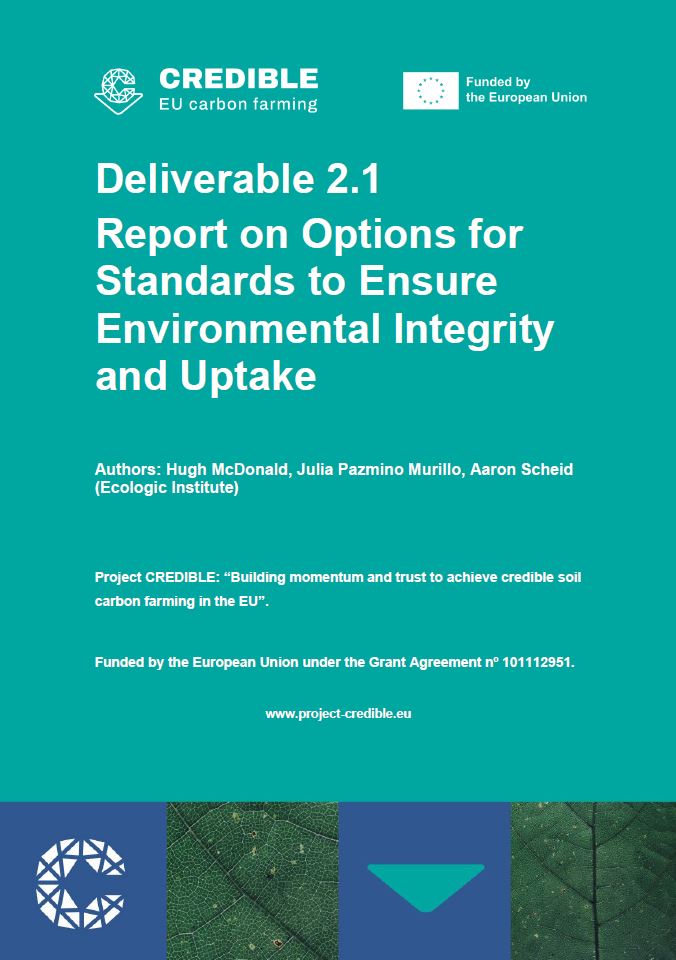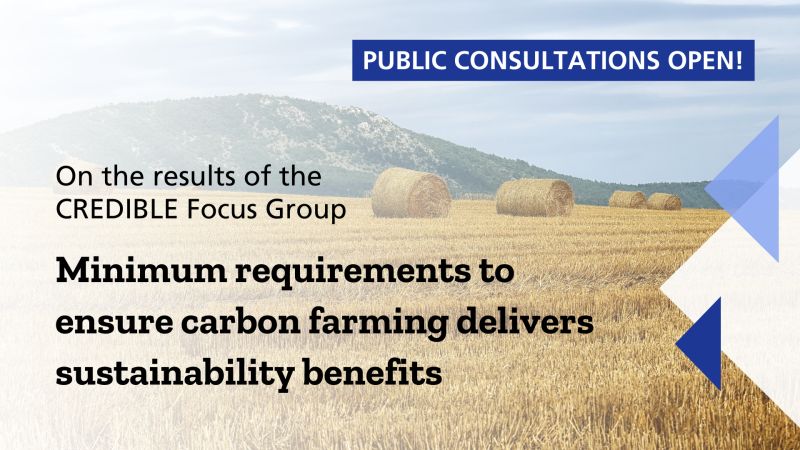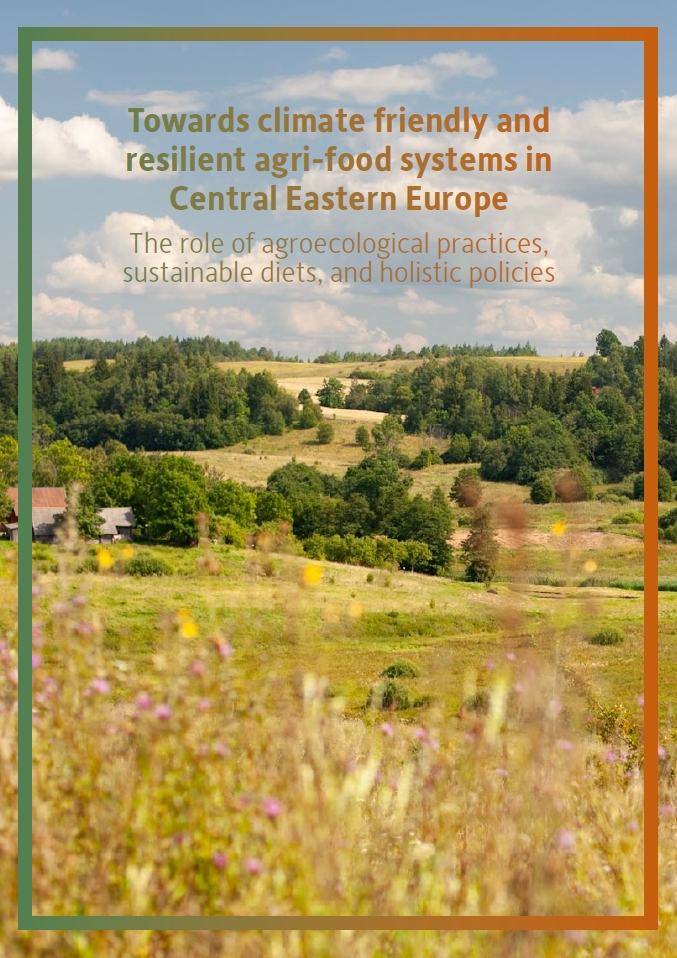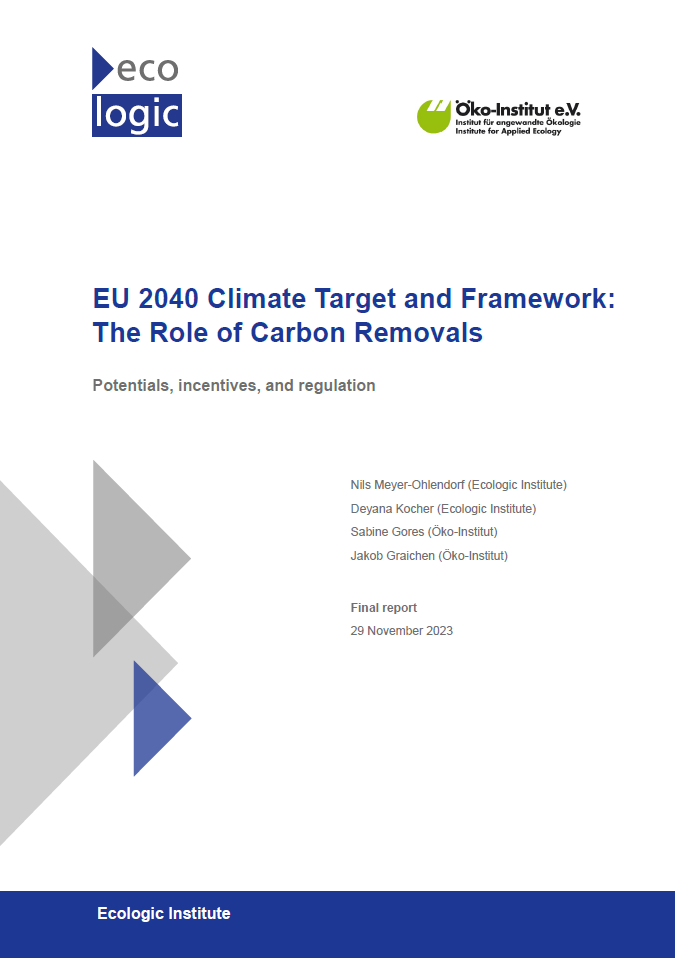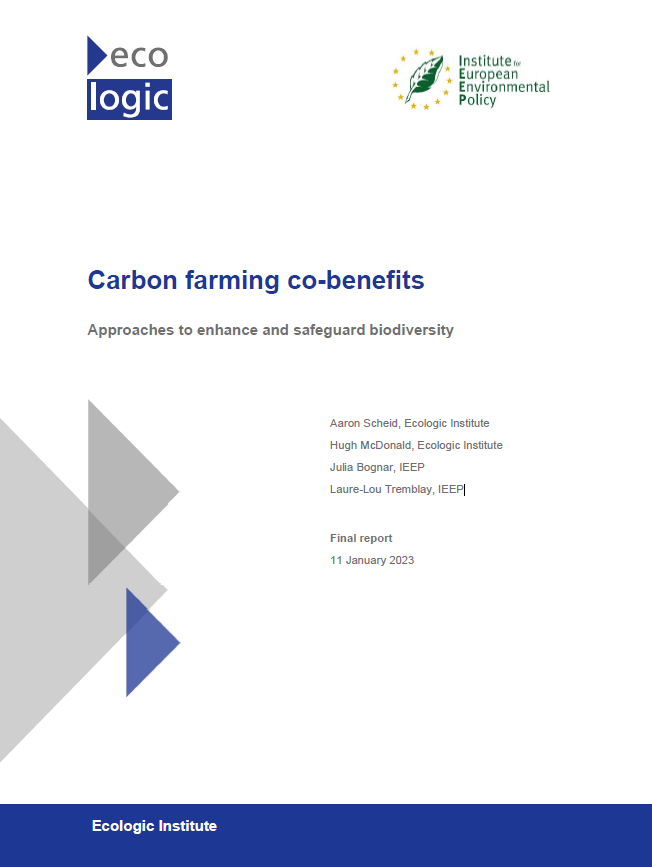Ensuring Carbon Farming Delivers Sustainability Benefits
Recommendations for carbon farming certification methodologies
- Publication
- Citation
CREDIBLE project consortium 2024: Ensuring carbon farming delivers sustainability benefits. Recommendations for carbon farming certification methodologies. Policy brief of the EU project CREDIBLE: "Building momentum and trust to achieve credible soil carbon farming in the EU".
Carbon farming allows farmers to mitigate climate change, but these practices also impact other sustainability outcomes, including biodiversity, soil health, and water. In this brief, we propose how the EU's regulation establishing a Carbon Removal and Carbon Farming Certification Framework (CRCF) can ensure that carbon farming also delivers sustainability benefits, in the context of carbon farming on mineral soils. The brief has been written with members of a CREDIBLE project focus group, featuring participants from carbon farming certification schemes, farmer associations, soil scientists, and policy experts, building on a series of workshops.
Principles for achieving sustainability through carbon farming certification
We identify six principles to guide how sustainability can be achieved through carbon farming:
- Holistic approach: Carbon farming should incentivise a holistic and context-specific approach to farm management that promotes sustainable outcomes and avoids unintended negative sustainability impacts, whilst prioritising climate mitigation.
- Accessibility: Participation costs for farmers must be minimised to ensure that it is financially attractive for farmers to implement sustainable measures. Financial support should be provided to early adopters of carbon farming practices, e.g. for advisory services and MRV, or in the form of offtake agreements.
- Pragmatism: A pragmatic approach should be taken to ensuring sustainability through carbon farming certification to reduce the barriers to farmer participation and promote farmer uptake, e.g. integrating existing management and monitoring systems.
- Incentives: Farmers should be rewarded for the sustainability impacts of carbon farming, which will be enabled by robust monitoring of impacts.
- Consistency: Carbon farming certification approaches to sustainability should be consistent and comparable to facilitate market demand.
- Integrity: Certification must deliver buyers robust sustainability impact information, using metrics and indicators that are valuable to them. The CRCF must also manage buyer claims, to ensure they align with the sustainability impacts delivered.
Recommendations for the EU Carbon Removal and Carbon Farming Certification Framework
To meet minimum sustainability requirements, farmers should complete a "farm environment plan," which should be supported by a farm advisor, be low cost for farmers, and support adoption of sustainable farming practices – without requiring it. A negative list of excluded high-risk actions could avoid carbon farming actions that pose high risks to sustainability.
To incentivise co-benefits beyond minimum requirements, the CRCF should support market price premiums by creating a "CRCF Sustainability+" label, based on farmer self-assessment of sustainability indicators, supported by random third-party audits. Alternatively, the CRCF should encourage voluntary quantification of sustainability impacts, though there is a current lack of consistent and low-cost approaches.
CREDIBLE project
CREDIBLE is an EU-funded Horizon project that aims to build trust for the implementation of carbon farming by supporting the development of a consensus on methodologies that enhance soil’s capacity as carbon sink at European level. With 11 Focus Groups, it engages experts and stakeholders in discussing key issues on soil carbon sequestration, quantification, data and policy. This brief was written with Focus Group 2.1 "Minimum requirements to ensure carbon farming delivers sustainability benefits", which aims to support the EU Expert Group on Carbon Removals by providing recommendations on how the objective of sustainability can be operationalised for carbon farming within the EU Regulation establishing a Certification framework for permanent carbon removals, carbon farming and carbon storage. In addition to six online workshops, our recommendations reflect an in-person workshop with wider stakeholders at the 2023 EU Carbon Farming Summit.
